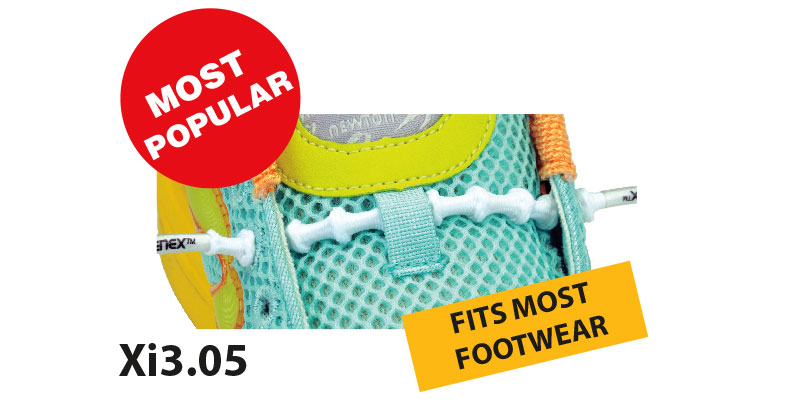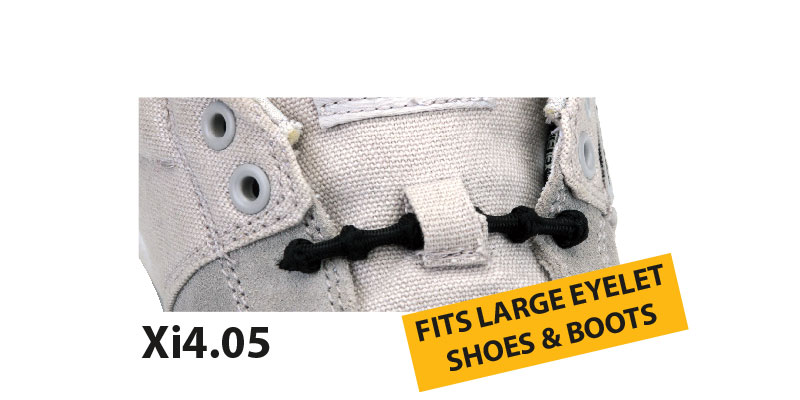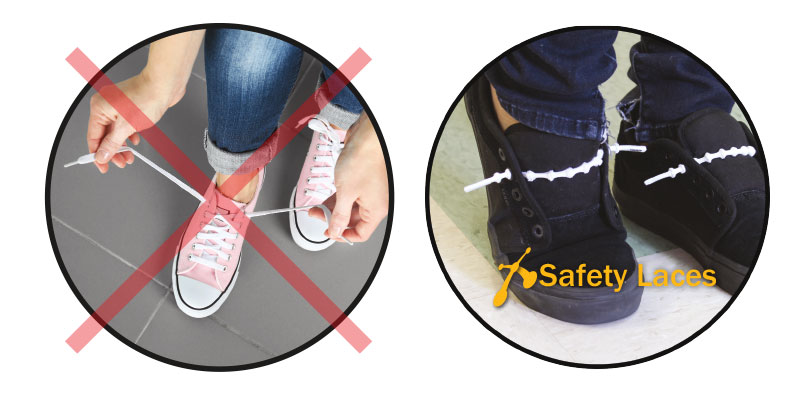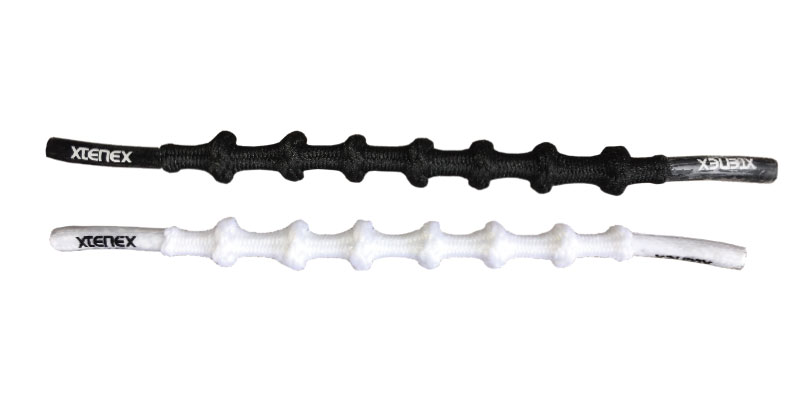- Durable
- Easy to Install
- Comfortable
- Adjustable
- 5″ – Xi3.05


Where Safety protocols required by Department of Health & Human Services (DHHS) Centers for Medicare & Medicaid Services (CMS) and the Joint Commission require removal of shoelaces for anti-ligature prevention and/or help guard against trip hazards, XTENEX® Safety Laces are the Acme; engineered to meet and exceed the unique safety requirements in shoelace alternatives in Behavioral Health Care System’s; XTENEX® delivers the highest quality solution in a reliable, durable and secure fitting technology that keeps footwear properly fitted, securely fastened, and, are simple to pull-on and slip-off.
XTENEX® Safety Laces securely fasten all diverse footwear styles, thanks to its patented technology incorporating an elastic select-to-fit design, the elastic safety laces also adjust and respond to unique medical foot health issues, such as diabetes, neuropathy and other foot related sensitivities.
Xi SAFETY LACES


REPLACE LACES


Style #: Xi3.05 – 5″ laces designed to fit most standard (3.5mm diameter) eyelets.
Style #: Xi4.05 – 5″ laces designed to fit larger (4.2mm diameter) eyelets found on some shoes and boots.
Xi laces DO NOT pull through eyelets. To adjust fit you must reduce blocking spheres by stretching the lace apart, move lace to next blocking sphere and when released, blocking sphere will block in the adjustment.

“Like most psychiatric facilities, our patients are not permitted to have shoelaces for safety reasons. We were looking for a way of fastening patient shoes that was safe, comfortable, and would prevent potential trips and falls. We began using XTENEX laces… I would highly recommend these laces for use at any psychiatric facility.”
 “Arrowhead Behavioral Health has been using the safety laces for over a year now. The XTENEX® laces support safer mobility (keeping shoes in place) & preserve the dignity of the patients”
“Arrowhead Behavioral Health has been using the safety laces for over a year now. The XTENEX® laces support safer mobility (keeping shoes in place) & preserve the dignity of the patients”